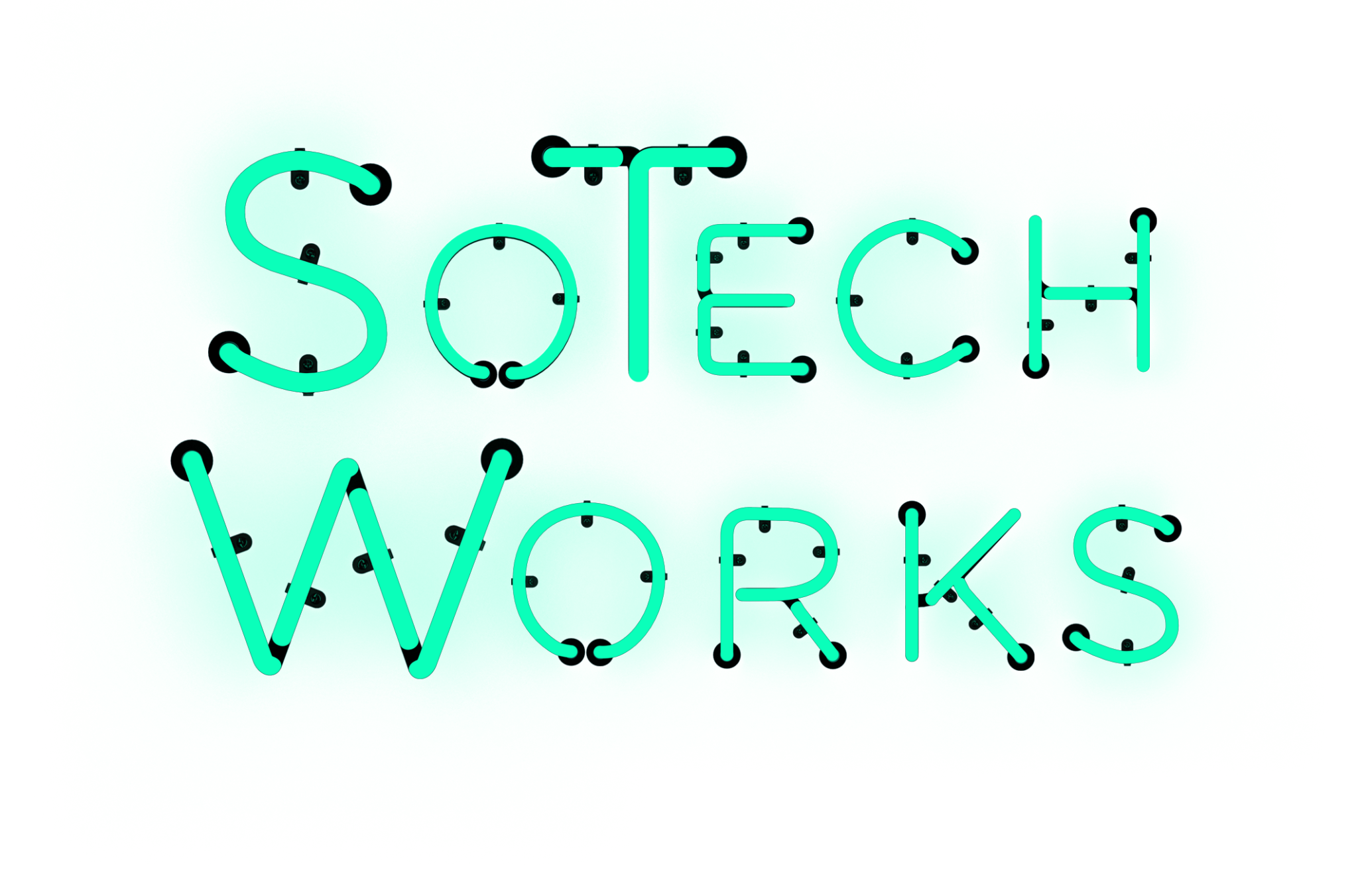Revolutionizing General Practice Medicine: The Impact of Advanced AI Technologies
The application of advanced artificial intelligence (AI) technologies has the potential to revolutionize the general practice of medicine, ushering in a new era of personalized and efficient healthcare. From diagnosis and treatment to patient engagement and medical research, AI can significantly enhance various aspects of medical practice, improving patient outcomes and reducing healthcare costs.
- Diagnostics and Decision Support
Advanced AI algorithms, particularly deep learning models, can analyze complex medical data sets, such as medical images, electronic health records, and genomic information. By recognizing patterns and abnormalities, AI systems can assist physicians in making more accurate and timely diagnoses. For instance, AI-powered tools have demonstrated exceptional performance in detecting early-stage cancers, diabetic retinopathy, and other conditions through medical imaging analysis.
Furthermore, AI-driven decision support systems can help general practitioners in the decision-making process by offering evidence-based treatment recommendations. By aggregating and analyzing vast amounts of medical literature, AI can provide insights into the most effective treatments, accounting for factors like patient history and individual genetic profiles.
- Personalized Medicine
AI technologies can enable a more personalized approach to healthcare by integrating patients’ unique genetic, environmental, and lifestyle factors. By analyzing large-scale genomic data and incorporating it into patient care, AI can help identify personalized treatment plans and disease prevention strategies, leading to improved outcomes and reduced adverse effects.
- Telemedicine and Remote Patient Monitoring
AI-powered telemedicine platforms can facilitate remote consultations and monitoring, allowing patients to access healthcare services from the comfort of their homes. This can be particularly beneficial for patients in rural areas or those with limited mobility. Additionally, AI-driven remote monitoring devices can track vital signs and other health parameters, alerting healthcare providers of any concerning changes and enabling early intervention.
- Streamlining Administrative Tasks
AI can help reduce the administrative burden on general practitioners by automating tasks such as appointment scheduling, billing, and managing electronic health records. This can free up valuable time for physicians, allowing them to focus on patient care.
- Drug Discovery and Medical Research
Advanced AI algorithms can accelerate the drug discovery process by rapidly screening potential drug candidates and identifying the most promising compounds for further testing. Furthermore, AI can help analyze vast amounts of medical research data, enabling researchers to identify new correlations, generate hypotheses, and uncover novel treatment strategies.
In conclusion, the integration of advanced AI technologies in the general practice of medicine holds immense potential for transforming healthcare. By enhancing diagnostics, personalizing treatment, streamlining administrative tasks, and accelerating medical research, AI can improve patient outcomes and revolutionize the way we approach healthcare. As AI continues to advance, it is essential for healthcare providers, policymakers, and AI developers to collaborate in ensuring the responsible, ethical, and equitable deployment of these technologies in the medical field.
